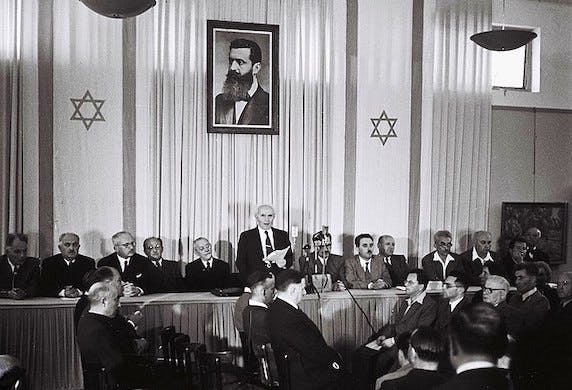
Homeland Security Shutdown Looks Set To Drag On, Bringing New Headaches for Air Travelers
By JOSEPH CURL
|By going to the final resting place of ‘the Old Man,’ as Israelis call Ben-Gurion, the leaders are acknowledging the very idea, and the success, of the political Zionism that inspirits Israel.

Already have a subscription? Sign in to continue reading
$0.01/day for 60 days
Cancel anytime
By continuing you agree to our Privacy Policy and Terms of Service.

By JOSEPH CURL
|
By VERONIQUE de RUGY
|
By ELYSA GARDNER
|
By A.R. HOFFMAN
|
By JOSEPH CURL
|
By DAVID JONES
|
By DAVID JONES
|
By JOSEPH CURL
|